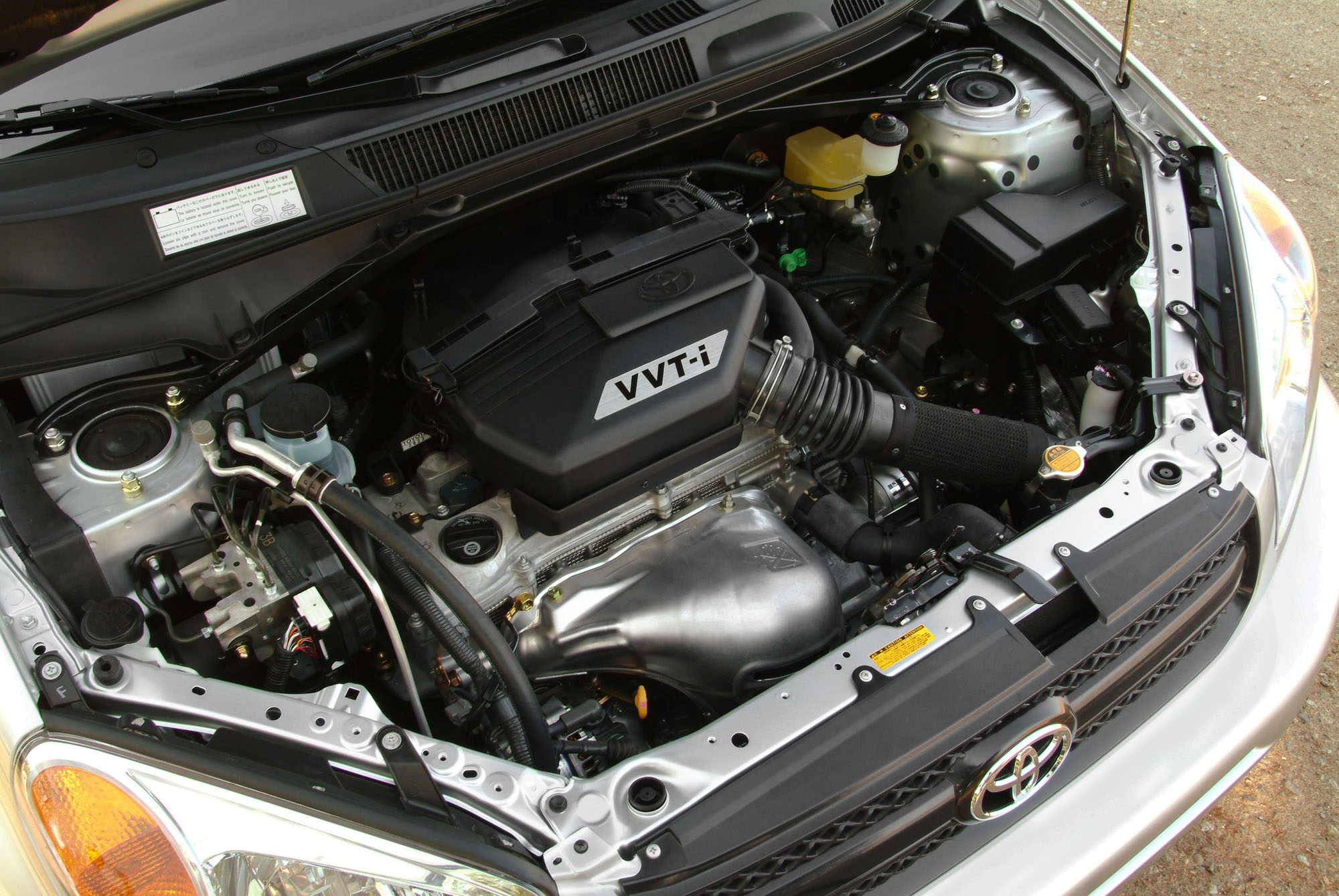What Could Happen if You Don't Change Your Coolant
This important fluid can lose its effectiveness over time, even if you don't see signs of leaking or discoloration.
 Toyota
Toyota
Coolant helps keep your car's engine running at a steady temperature, whether it's summer in Arizona or winter in Minnesota. The liquid used as coolant is usually a mix of glycol and water, with the glycol both acting as an antifreeze agent and preventing the water from boiling in hot weather. The terms "coolant" and "antifreeze" are, generally speaking, used interchangeably. While your vehicle's cooling system is sealed, the antifreeze within it still needs to be changed, or flushed, at set intervals to help your car continue running reliably.
Coolant Is Engineered to Inhibit Rust and Prevent Freezing or Boiling
Coolant, or antifreeze, contains chemicals that prevent rust from building up in the cooling system. The fluid loses its rust-preventing properties as it ages, however, so rust will begin to form on parts such as the water pump, radiator, and heater core. In addition to causing mechanical damage, rust makes the cooling system less effective — the particles can clog some of the smaller coolant passages in the system — and increases the likelihood of your vehicle overheating.
Murky coolant and deposits in the coolant tank are signs the fluid needs to be changed. But discoloration isn't the only indicator that there's a change needed. You can monitor your coolant's condition using paper test strips that can be purchased online at a retailer such as Amazon or at major auto-parts stores.
Antifreeze Should Be Regularly Changed
Your antifreeze-change interval will depend on the vehicle you drive and the conditions in which you drive it. Ford suggests changing the coolant in an F-150 every 75,000 miles, for example, while Toyota recommends inspecting the cooling system in a RAV4 every 18 months or 15,000 miles and flushing the coolant after 120 months or 100,000 miles. Driving an electric vehicle doesn't mean you're off the hook. The Chevrolet Bolt EV, for instance, needs a coolant change after 150,000 miles.
Drivers who regularly use their vehicles to tow heavy loads might need to change their coolant more frequently. Always consult your owner's manual for your vehicle's intervals, and ask a mechanic if your use could necessitate more frequent coolant changes.
Deferring a Coolant Change Can Be Costly
Expect to spend between $100 and $250 to get your car's coolant flushed. The final figure will depend on the type and quantity of antifreeze your car requires and whether you have the job done at a dealership or an independent repair shop. You can save money by changing your car's antifreeze yourself if you have basic mechanical knowledge and the proper tools. It's important to follow the correct procedure to remove any air that may become trapped in the system.
The cost of overhauling a cooling system damaged by old coolant can run into the thousands of dollars, and that figure increases significantly if the engine overheats. Severe overheating takes a toll on parts such as the head gasket and the cylinder head that are very expensive to replace. In a worst-case scenario, the entire engine might need to be replaced.
Written by humans.
Edited by humans.
 Ronan Glon
Ronan GlonRonan Glon is an American journalist and automotive historian based in France. He enjoys working on old cars and spending time outdoors seeking out his next project car.
Related articles
View more related articles